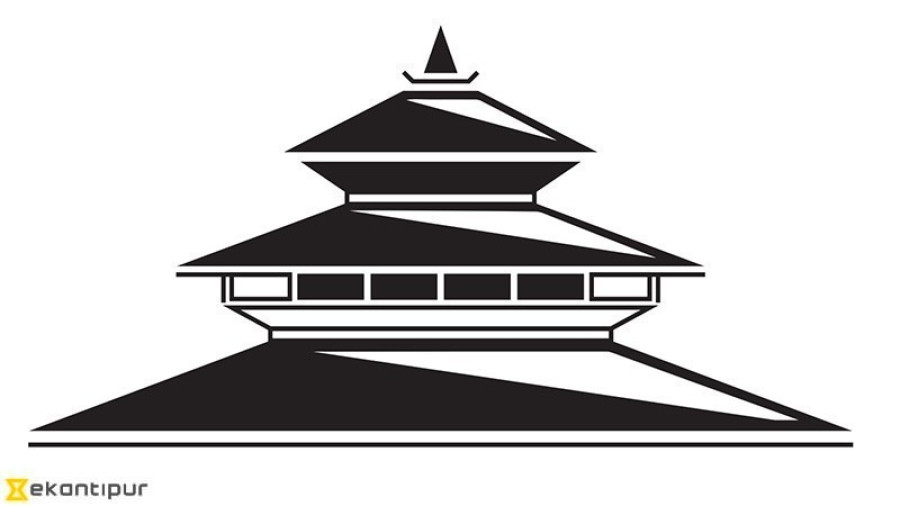Editorial
Fresh wounds
In a landmark ruling, a civilian court has convicted Army officials for the first time in Nepal’s judicial history.
In a landmark ruling, a civilian court has convicted Army officials for the first time in Nepal’s judicial history. The Kavre District Court on Sunday sentenced three former Nepal Army officials—the then colonel Bobby Khatri and captains Amit Pun and Sunil Adhikari—to life imprisonment for killing Maina Sunuwar in detention during the decade-long conflict. The court, however, acquitted the then Major Niranjan Basnet, the only one among the accused still serving in the Army, of all charges, reasoning that he was only following orders.
A group of Army personnel had detained Sunuwar on February 17, 2004 for her alleged links to the then Maoist insurgents, and had tortured and murdered her in an Army base in Kavre. The case had been dragging on for many years and had attracted significant media and international attention. A military tribunal in 2005 had ruled that Sunuwar’s death was
accidental and had charged the Army personnel involved in the crime only with misdemeanours.
However, dogged pursuit of justice by Sunuwar’s mother and continuous pressure from human rights organisations culminated in Sunday’s momentous decision. Not only has the verdict reminded us of the grave crimes that had been committed during the war, but has also provided hope for the thousands of victims and their families who still await justice and closure even after more than 10 years since the end of the conflict.
Unfortunately, it is unsure if the convicted men will actually be arrested and made to serve their sentence. The verdict was handed down in absentia and it is uncertain if those found guilty will be punished. Concerns about impunity stem from the fact that Bal Krishna Dhungel, a Maoist leader and former lawmaker, has never been arrested although the Supreme Court has convicted him of murder. Sunuwar’s mother has rightly said that justice will be served only if the state enforces the court’s verdict.
A broader concern is that Nepal’s peace process has dragged on for too long and still shows little sign of coming to a satisfactory conclusion. Although the term of the two transitional justice bodies has recently been extended by a year, conflict victims fear that political parties have not given them legal teeth and are only paying lip service to prosecuting war-era cases. Politicians would do well to remind themselves that failure to ensure progress in transitional justice can internationalise the cases as well as deepen disillusionment among conflict victims’ families. For many, the wounds of the conflict are still fresh.




 9.89°C Kathmandu
9.89°C Kathmandu














